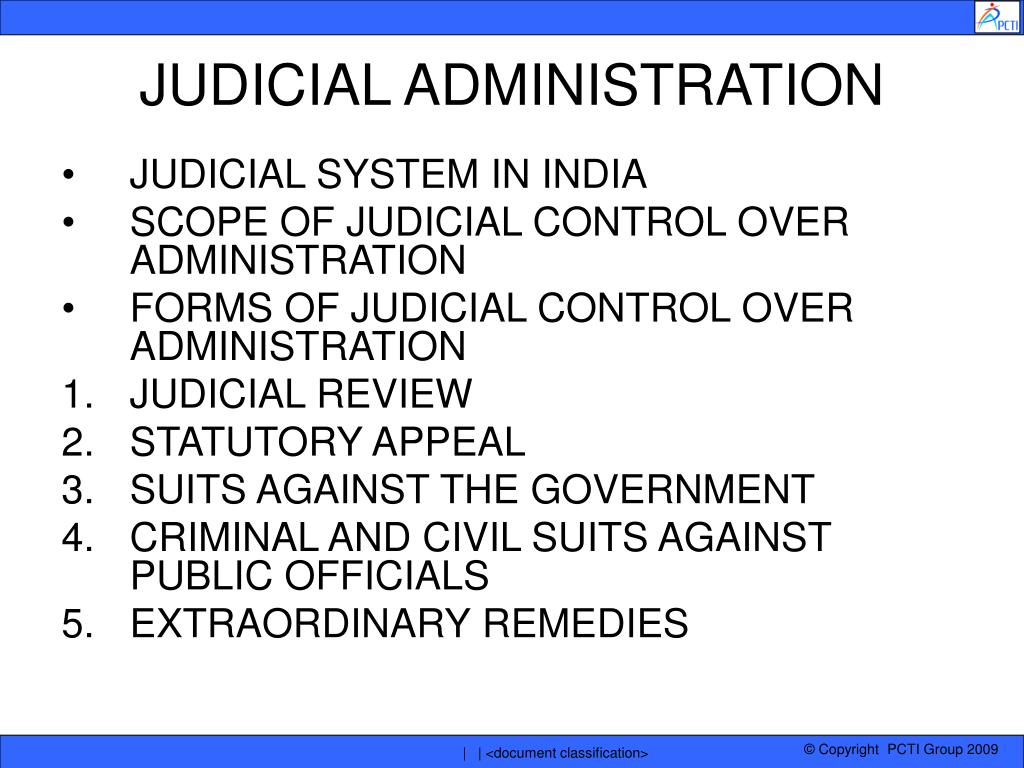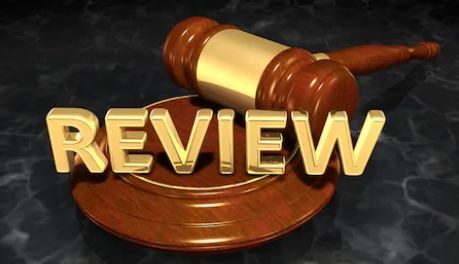Judicial control over administration refers to the power of courts to review and, if necessary, overturn actions taken by the executive branch of government. This power is an important aspect of the system of checks and balances that exists within most modern democratic systems, and serves to ensure that the actions of the executive branch are consistent with the rule of law and do not violate the rights of citizens.
There are several ways in which judicial control over administration can be exercised. One common method is through judicial review, which is the power of courts to evaluate the constitutionality of laws and executive actions. If a court determines that an executive action is unconstitutional, it can declare the action null and void, effectively blocking it from being implemented.
Another way in which judicial control over administration can be exercised is through the use of writs. A writ is a legal order issued by a court directing a person or government agency to take a specific action or to refrain from taking a specific action. There are several different types of writs that can be used to exert judicial control over administration, including writs of mandamus, habeas corpus, and prohibition.
Judicial control over administration is important for several reasons. First and foremost, it helps to ensure that the executive branch of government operates within the bounds of the law. This is particularly important in situations where the executive branch may be tempted to act in ways that are contrary to the public interest or that violate the rights of citizens.
Additionally, judicial control over administration can help to safeguard against abuses of power by the executive branch. By providing a mechanism for courts to review and, if necessary, overturn executive actions, judicial control over administration helps to prevent the executive branch from acting in a manner that is undemocratic or authoritarian.
In summary, judicial control over administration is an important aspect of democratic governance that helps to ensure that the actions of the executive branch are consistent with the rule of law and do not violate the rights of citizens. Through mechanisms such as judicial review and the use of writs, courts have the power to review and, if necessary, overturn executive actions, helping to safeguard against abuses of power and ensuring that the executive branch operates within the bounds of the law.






